Youths in South Africa gaining more opportunities from Confucius Institutes
Nompilo Mkhulisi started to learn Chinese when she was a sophomore majoring in information technology at Durban University of Technology in South Africa, because she was worried about not being able to find a job after graduation.
"I thought at the time that if I do business with China, I'm going to be able to get more opportunities, not only for myself, but for others as well," said the 24-year-old, who is a big fan of Chinese TV series.
She became one of the model students at the Confucius Institute at DUT, attending its Chinese courses almost every day. She was then selected to attend a campus in China for a month in 2019.
"It was so nice to be in China to finally see the country and meet the Chinese people. I made a lot of friends there and still talk to them even today," she said.
Now, Mkhulisi, a student assistant at the Confucius Institute, is preparing to become an entrepreneur selling tea from China to consumers in South Africa.
With her strong fondness of China, she immediately joined 49 fellow faculty and students from the institute in writing a letter to President Xi Jinping, as this year marks the 10th anniversary of the institute's establishment.
"I had to show my thanks to him," Mkhulisi said. It was during Xi's visit to South Africa in 2013 that an agreement was signed by the two nations to establish a Confucius Institute at DUT.
In the letter, they shared with Xi their experience, achievements and feelings in learning Chinese and expressed their appreciation to Xi and the Chinese government for providing more opportunities for young Africans to pursue their dreams.
In his reply published ahead of his visit to South Africa last week, Xi said he was pleased to see that, through the joint efforts of both sides, educational and cultural exchanges between the two countries have yielded fruitful results.
The teachers and students are welcome to visit China more often and have a deeper understanding of China so that they can share a true, multidimensional and panoramic view of China with more friends, he said.
Sanele Ntuli, a Chinese language instructor with the institute, wrote the joint letter on two pages of paper. The engineering graduate from DUT never expected to study Chinese, one of the world's most difficult languages, until a friend invited him to the Confucius Institute in 2018.
Surprisingly, Ntuli found that he did have some talent for learning Chinese and even won some Chinese-language speech competitions. Over the past years, he has made four visits to China that took him to cities including Beijing, Shanghai, Changsha and Fuzhou.
"Learning Chinese has changed my life. I myself did benefit from the cooperation between the two countries in establishing this Confucius Institute," said the 27-year-old.
Ntuli, who now inspires other Chinese language learners at the institute with his own experiences, said he believes that through Xi's visit, China and South Africa can have more people-to-people cooperation, such as establishing more Confucius Institutes.
According to Wu Lin, co-dean of DUT's Confucius Institute, it has provided Chinese training for nearly 10,000 people over the past decade. In addition to teaching the language, it also offers skills development, exchange visits, internships and other opportunities to local young people.
"I believe that more and more South African youths will participate in cooperation and exchanges between China and South Africa through the Confucius Institute," Wu said.
Lin Ling, an instructor with the Confucius Institute at the University of the Western Cape, described the faculty working at Confucius Institutes as "people who send the key of understanding China to others".
"We are not only teaching the language, but also working to promote cultural and people-to-people exchanges between China and other countries for win-win cooperation," she said.
Lin's student Sinovuyo Mkula is filled with anticipation about her first visit to China next month. Her main purpose in learning Chinese is to better pronounce the names of herbs and acupuncture points, as her major is Chinese medicine and acupuncture.
Mkula was the only first-prize winner from South Africa in an ear-lier painting competition for young Africans called "My Dream".
Her artwork, which incorporated elements from Chinese medicine and South Africa, was one of the 10 paintings displayed in China's Tiangong space station. She will visit Beijing soon for the awards ceremony of the competition.
"It will be a great opportunity for young South Africans to have the opportunity to go overseas, especially to open our minds to different cultures and meet with different people," she said.
China and South Africa have continuously expanded their cooperation in areas such as education, culture, science and technology and health in recent years.
For example, in the field of Chinese language teaching, South Africa announced in 2015 that students would have the option to study Mandarin in the nation's schools. In 2019, Sept 17 started to be celebrated as South African Chinese Language Day. South Africa now has six Confucius Institutes, more than any other country in Africa.
Li Xun started to work as the Mandarin education specialist with South Africa's Department of Basic Education in February this year. He is primarily responsible for revising the curriculum and advising on policies related to Mandarin teaching, among others, in the country.
According to Li, a large number of local South African workers who are proficient in Chinese language and understand Chinese culture are much needed now, as relations between China and South Africa keep deepening with all-around cooperation in fields such as energy, communication and cross-border e-commerce. "The development of Chinese language education will help to continuously cultivate such talent and boost local employment," he said.












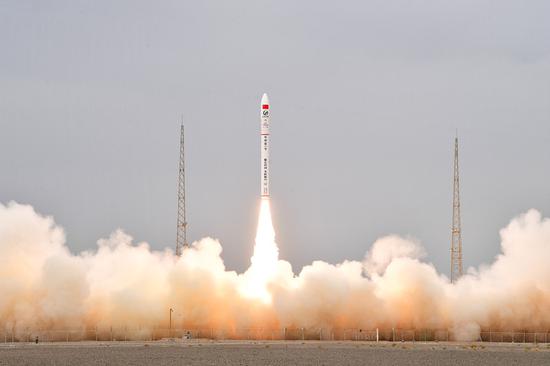

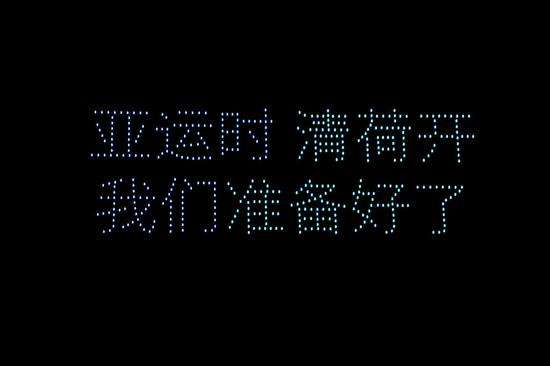
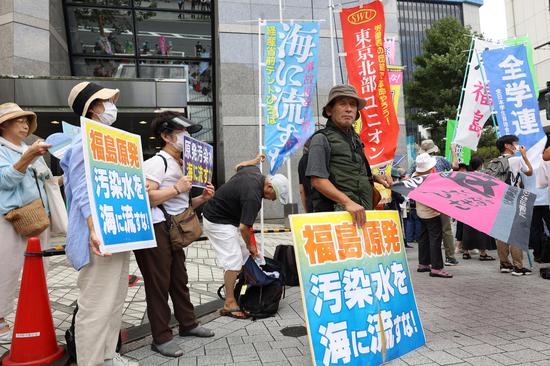

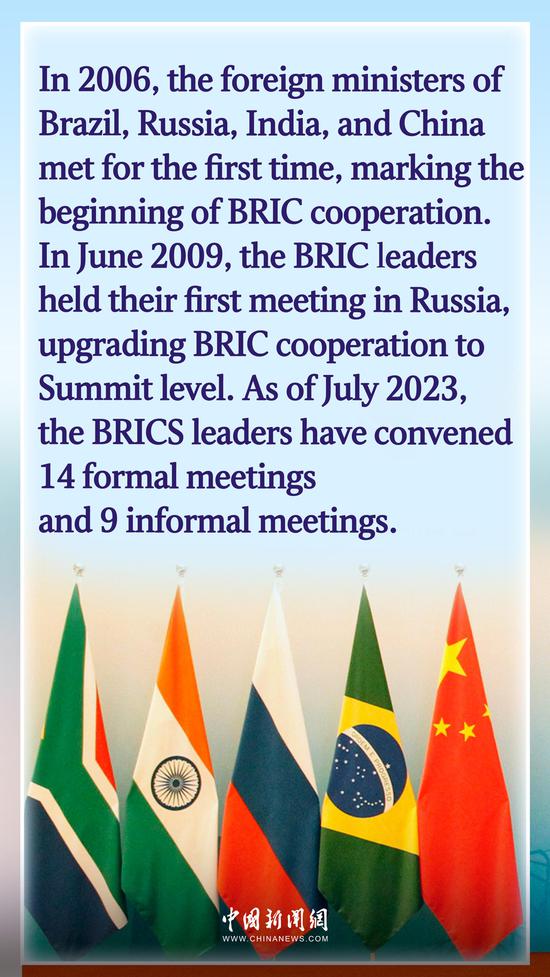



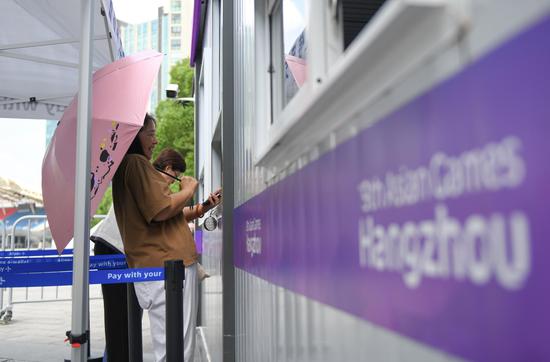

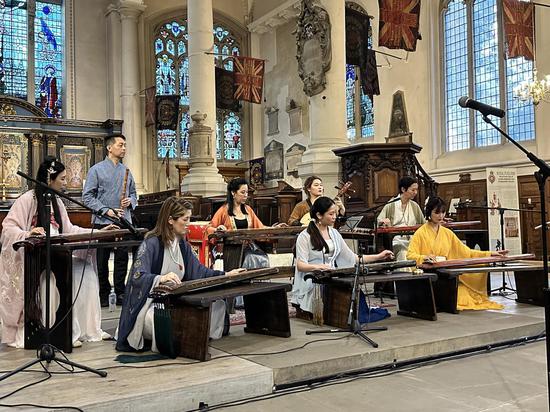

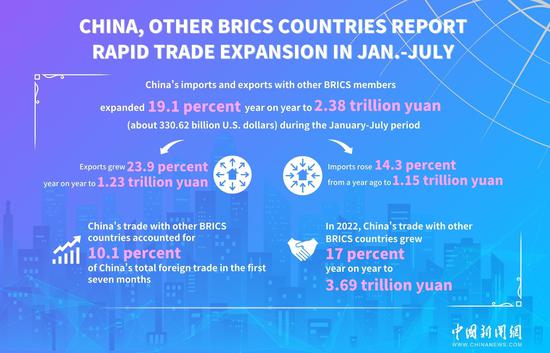
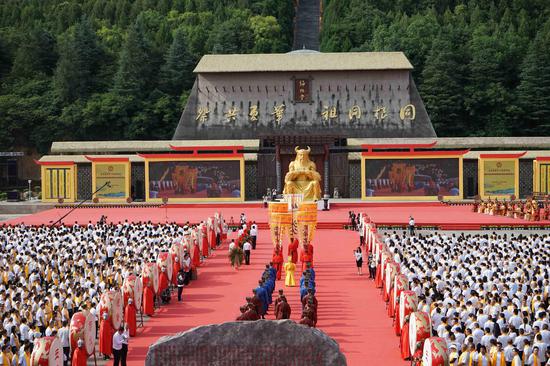
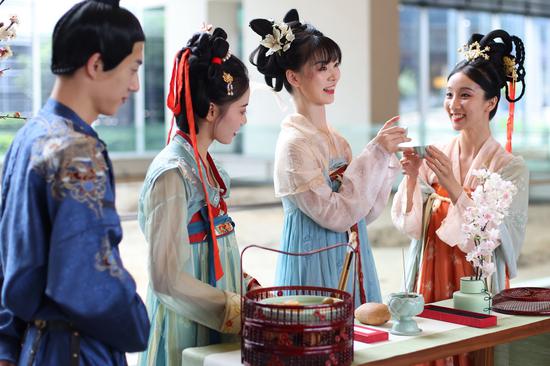

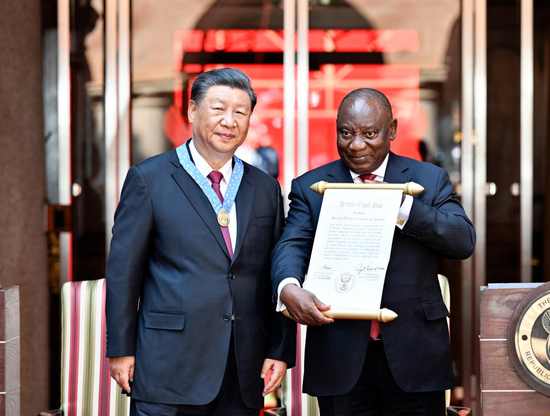



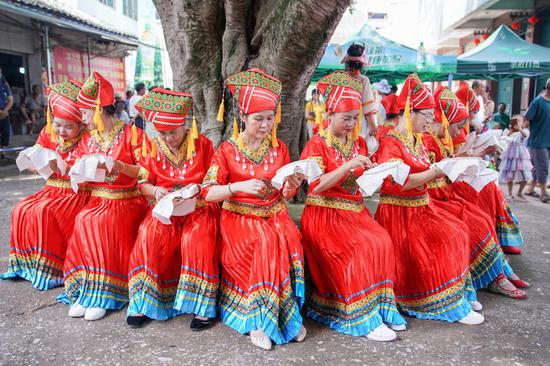
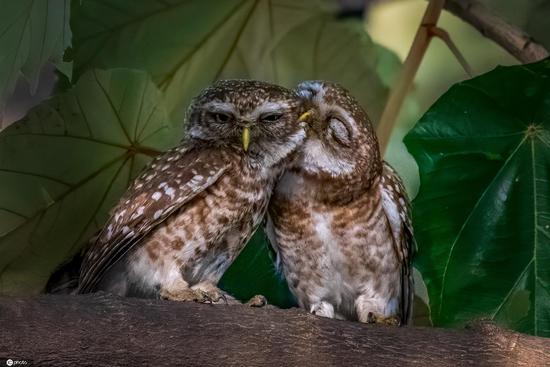

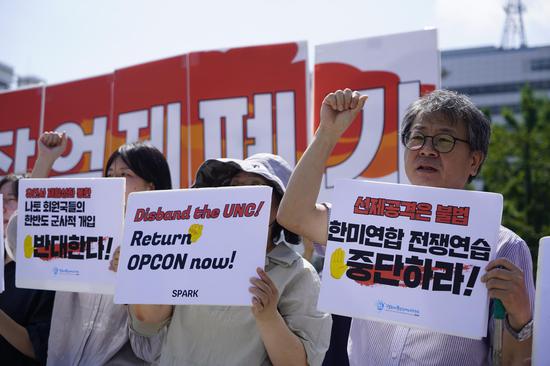
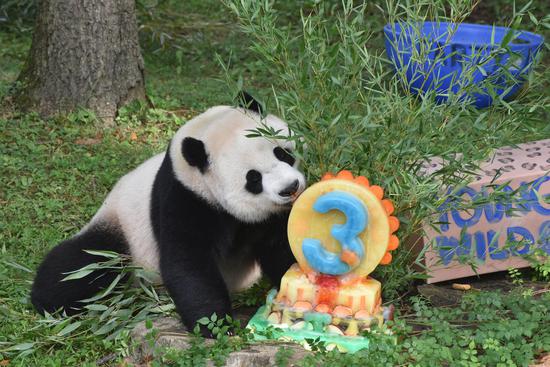
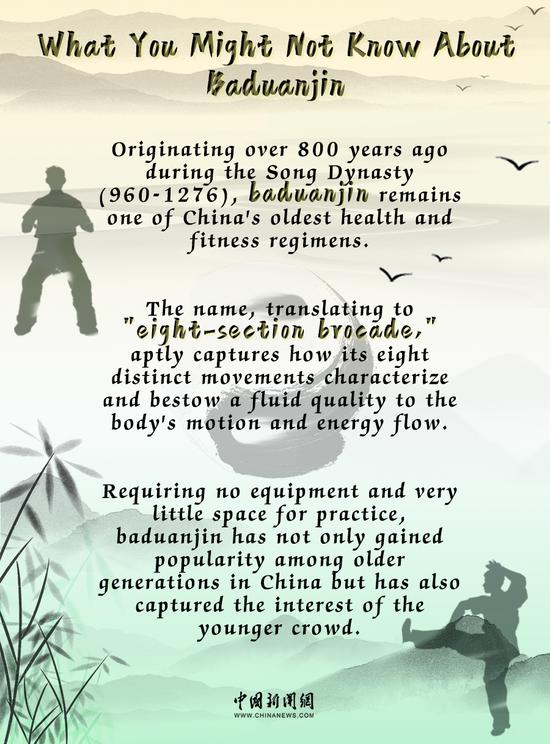


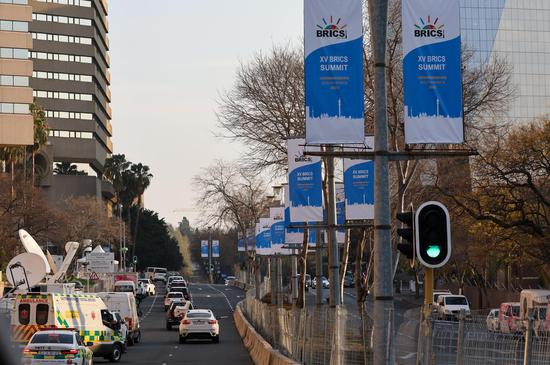
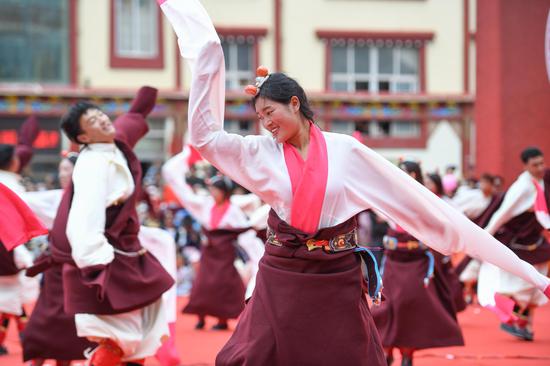
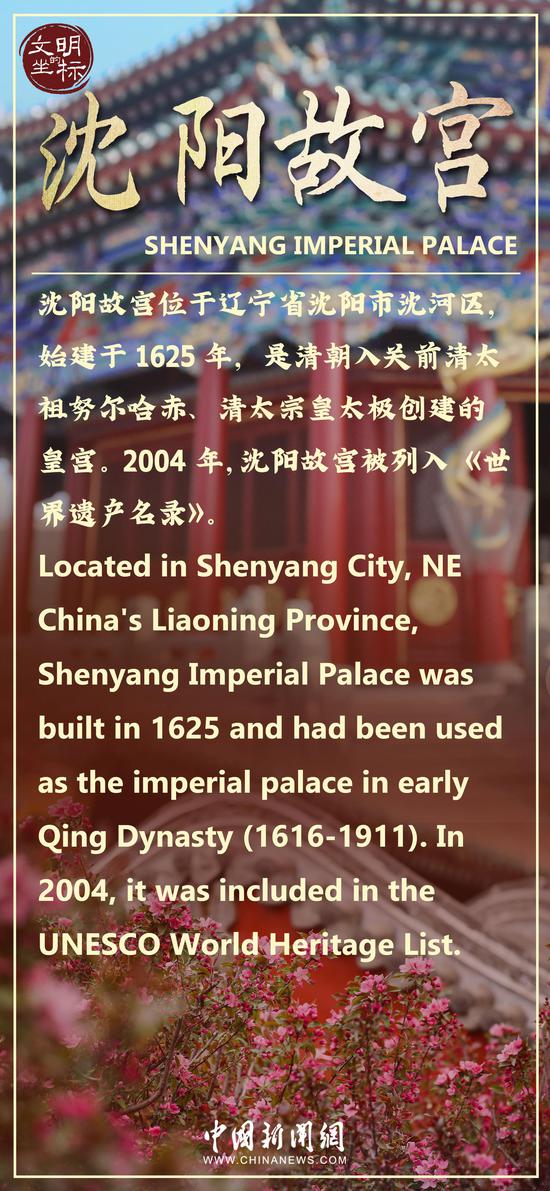






 京公网安备 11010202009201号
京公网安备 11010202009201号